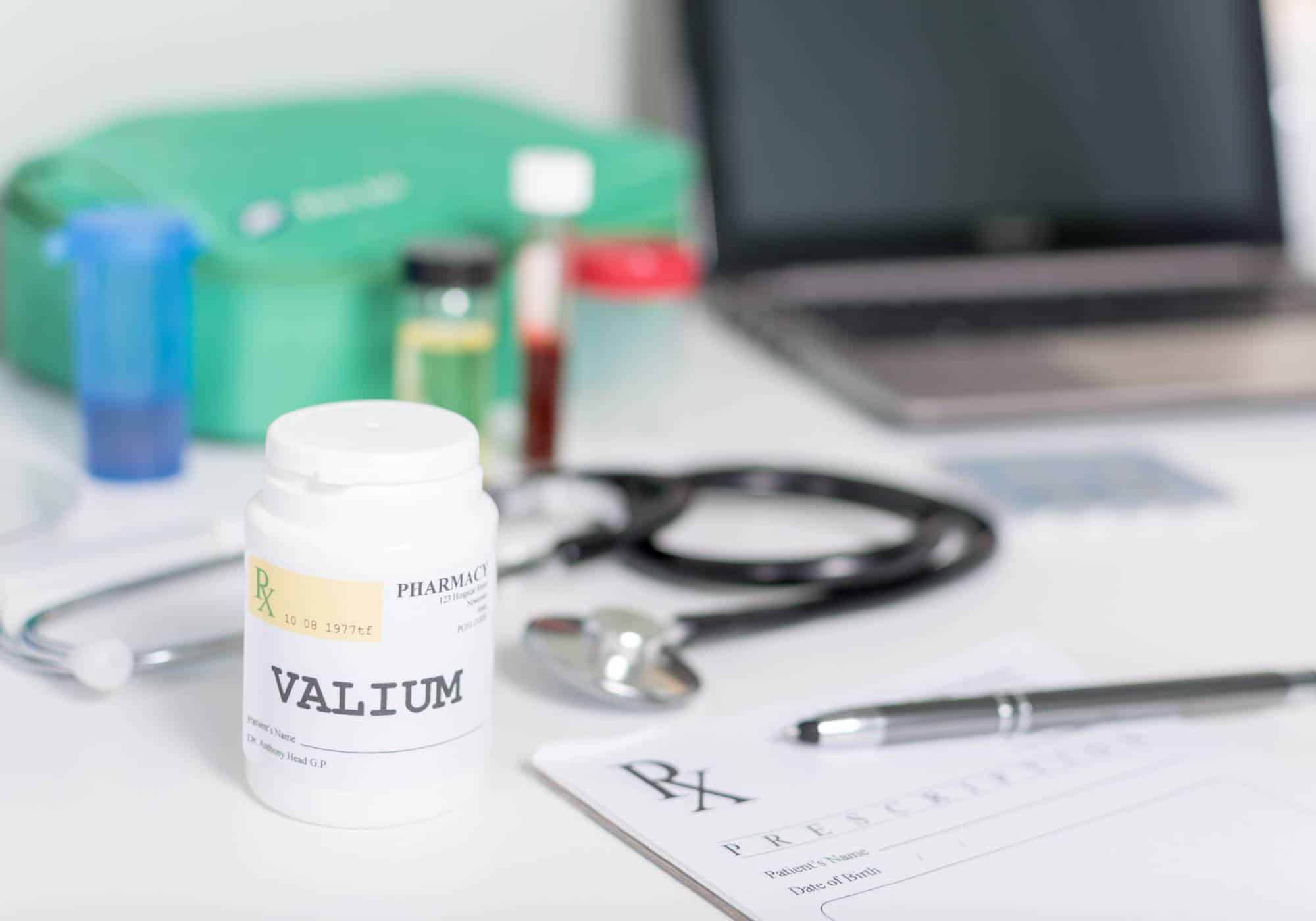Are you considering an intensive outpatient program (IOP) but aren’t sure what to expect? IOP is a type of treatment designed to provide therapeutic support in a flexible, supportive setting. It helps individuals live independently while allowing them to receive regular mental health therapy and other services needed for their recovery.
Deciding to attend an intensive outpatient program (IOP) is a big decision and not one to be taken lightly. It’s important to know what you can expect when attending this type of treatment program so that you’re prepared for the journey ahead.
Explore this overview of the structure and goals of an IOP, as well as tips for making it through each step successfully. With the right knowledge and attitude, you’ll have all of the tools needed to make IOP a successful part of your recovery journey.
What Is an Intensive Outpatient Program (IOP)?
An intensive outpatient program (IOP) is a type of treatment designed to provide intensive therapeutic and support services in a flexible, supportive setting. It allows individuals to live independently while still receiving regular mental health therapy and other services necessary for their recovery. IOP can be used as an alternative or supplement to residential or inpatient programs, depending on individual needs.
During intensive outpatient care, therapists and other professionals work with you to develop an individualized plan that addresses your specific goals and needs. Individuals typically attend group sessions several days per week, which may include educational classes and psychotherapy. They also receive one-on-one counseling sessions or family therapy as needed. While in the IOP program, it is important to stay focused on your goals and to remain active in the program.
The primary goal of intensive outpatient care is to help you develop skills that will enable you to live a healthy life outside of treatment. This includes learning how to manage stress effectively, cope with difficult emotions, identify triggers, and practice self-care techniques. With guidance from an experienced mental health professional, intensive outpatient therapy can be an effective way to overcome mental health issues and achieve your recovery goals.
Overall, intensive outpatient programs are designed to provide comprehensive mental health services while allowing individuals the flexibility they need to maintain their own individual healthy lifestyle. The individualized approach ensures that each person receives the treatment they need in order for them to reach their full potential. If you’re considering IOP as part of your recovery process, it’s important to understand what you can expect from the program. With the right support system and dedication, intensive outpatient can be a successful part of your journey to improved mental health and wellbeing.
The Benefits of Intensive Outpatient Treatment
Intensive outpatient programs offer many benefits for individuals looking to improve their mental health. Here are some key advantages of IOP:
- Flexibility: IOP provides flexible scheduling options so you can receive intensive treatment while still maintaining your job or other commitments.
- Individualized care: IOP allows you to customize your recovery plan and adjust it as needed to best meet your needs.
- Comprehensive treatment: IOP programs often provide a wide range of services, such as individual counseling, group therapy, educational classes, and more. This can help ensure that all aspects of mental health are addressed.
- Long-term support: IOP offers ongoing support even after completion of the program, helping you stay on track with your recovery goals.
Who Can Benefit from an IOP Treatment Plan?
IOP is a great option for those seeking intensive treatment but who don’t wish to commit to inpatient care. It’s also helpful for individuals whose mental health issue isn’t severe enough to require an inpatient stay yet intensive enough that it requires more than traditional outpatient therapy.
Examples of people who could benefit from IOP include those with addiction, depression, anxiety, eating disorders, and other mental health disorders. IOP is also beneficial for people who are dealing with grief or trauma.
What to Expect During an IOP
The exact structure of intensive outpatient programs will vary depending on the facility and the individual’s needs. Generally speaking, however, you can expect to attend group therapy sessions several days a week as well as regular one-on-one counseling sessions with your therapist. You’ll also learn strategies and techniques to help you manage symptoms such as stress or cravings. Additionally, some IOPs offer educational classes that focus on topics like addiction recovery or healthy coping skills.
If you are considering intensive outpatient treatment for yourself or a loved one, it is important to talk to an experienced mental health professional about all of your options. They can help you determine which type of program would be best suited for your needs and provide guidance throughout the recovery process.
How to Prepare for Your IOP
If you decide that intensive outpatient treatment is the right choice for you, there are some steps you can take to ensure a successful program experience. Here are some tips:
1. Find support: Having a strong and supportive network of family and friends during your IOP program can help provide much-needed encouragement and motivation as you work toward your recovery goals.
2. Be open-minded: The intensive nature of IOP means that it is important to be open to new ideas and strategies. By keeping an open mind, you will be better able to make positive changes that will last long after the program ends.
3. Set realistic expectations: It’s important to remember that recovery takes time, so don’t expect instant results. Instead, focus on making sure and steady progress each day.
By following these tips and doing the necessary preparation, you can ensure that your intensive outpatient program is as successful as possible. With the right support system and dedication, intensive outpatient can be a successful part of your journey to improved mental health and wellbeing.
Is an IOP Right for Me?
The best way to determine if intensive outpatient treatment is the right choice for you or your loved one is to consult with a mental health professional. They can assess the individual’s mental health needs and make recommendations on which type of intensive program would be most appropriate. Additionally, they can answer any questions you may have about IOPs and provide advice on what to expect during the recovery process.
Reputable Intensive Outpatient Program in Hiram, GA
Hope Harbor Wellness provides intensive outpatient treatment for individuals struggling with addiction, mental health issues, and other related concerns. Our experienced staff offers a comprehensive range of services, including individual counseling, group therapy, and medication management to help our clients reach their recovery goals. If you or someone you know is considering intensive outpatient treatment in Hiram, GA, contact us today to learn more about our program.
Our team can provide the support and guidance needed to take the first step toward lasting recovery. With hard work and dedication, intensive outpatient programs can be an effective part of a successful journey to improved mental health and wellbeing.












